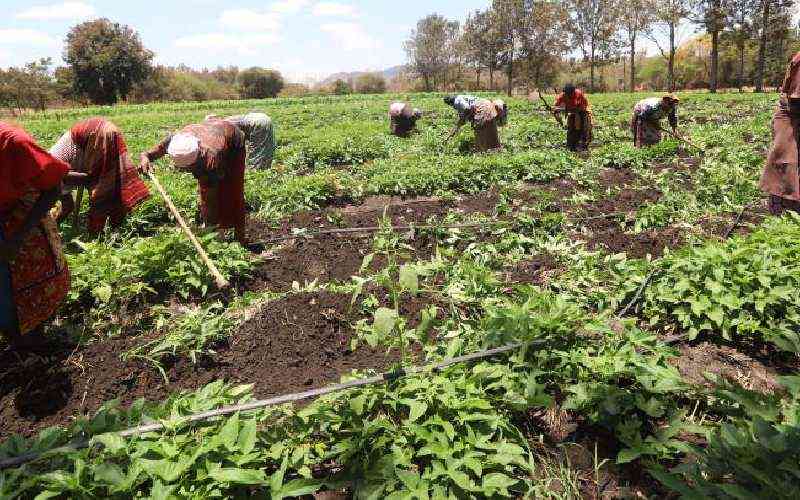×
The Standard e-Paper
Kenya’s Boldest Voice

The Covid-19 pandemic, the Russia-Ukraine crisis and the acute food shortage in Africa are among the factors delaying the attainment of Sustainable Development Goals (SDGs) by 2030, according to the Goalkeepers Report 2022 by the Bill and Melinda Gates Foundation.
The report lists global food systems and gender equality as some of the achievable areas if prioritised.